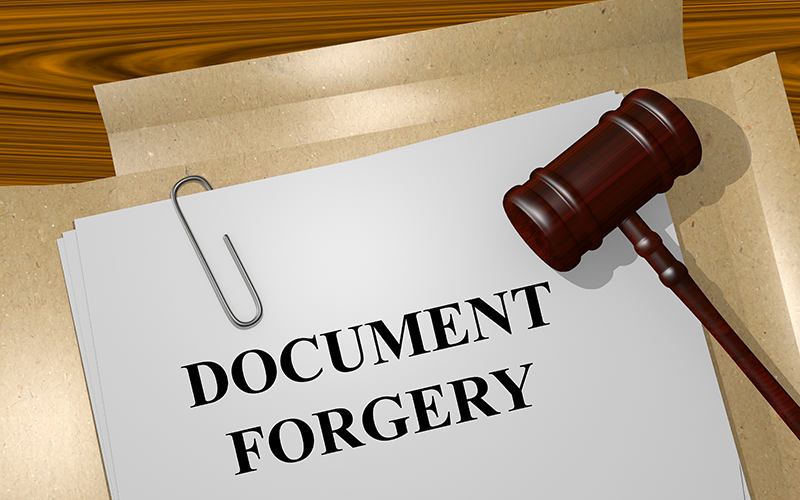The Minnesota-based Upper Midwest Law Center (UMLC) has filed an amicus brief in support the Freedom Foundation’s latest petition to the U.S. Supreme Court on behalf of public-sector employees whose signatures were forged on a dues-authorization form to prevent them from exercising their First Amendment right to opt out of union participation.
The appeal combines two separate lawsuits, Hubbard v. SEIU 2015 and Jimenez v. SEIU 775, that vividly illustrate the tactics used by government employee unions to continue collecting dues without real affirmative consent from their members who have requested to opt out, citing rights affirmed by the court in its landmark 2018 Janus v. AFSCME ruling.
The decision states unambiguously that, because virtually every action taken by a public-sector union has a political component, forcing government employees to either join or financially support a union amounts to compelled speech.
The 9th Circuit Court of Appeals, however, asserts it is not a state action when a government union misuses its state-granted authority by forging a worker’s signature, directing public employers to deduct dues it subsequently uses to fund political candidates and causes the dues-payer doesn’t support.
State action is required for a court to address constitutional issues and may be present when an actor uses a right or privilege conferred by the state.
The 9th Circuit regularly cites this requirement to avoid addressing constitutional issues when the action itself — such as forgery — is illegal. According to 9th Circuit judges, actions violating the law cannot be considered state action.
By exploiting the court’s twisted reasoning, unions can forge signatures and avoid constitutional review. As the UMLC illuminatingly points out, the problem with the 9th Circuit’s reasoning is that two wrongs don’t make a right.
The Freedom Foundation gained the support of the UMLC because the organization has filed a similar case, Todd v. AFSCME, Council 5, with the 8th Circuit.
The plaintiff in Todd, victimized by the same forgery scheme, illustrates the spread of deceit upheld in the 9th and a lower court in the 8th Circuit, necessitating review by the Supreme Court.
The UMLC’s amicus brief shines light not only on the widespread problem of forgery being sidestepped in federal courts, but the clear state action involved in authorizing unions to direct employers to deduct dues, state employers deducting dues as unions direct, and unions collecting those dues for use in political speech.
Yet, 9th Circuit judgments consistently fail to find state action where government unions misuse their state authority to forge signatures on union membership agreements and reap the rewards of union dues.
Additionally, the UMLC brief asserts that states do have a duty to verify whether public employees have affirmatively waived their First Amendment rights when they agree to join or pay dues to a union. States far too often grant unions the exclusive power to determine whether an employee has authorized deduction. As UMLC points out, the state cannot rely on Hogan Heroes’ Sgt. Schultz defense by claiming, “I know nothing.”
The UMLC amicus brief provides invaluable support to the Freedom Foundation in asserting that the lower courts cannot avoid constitutional questions by “choosing the state action exit.” The court should accept this case to ensure lower courts correctly apply the state action doctrine and hold unions accountable for their consistently unconstitutional actions.










